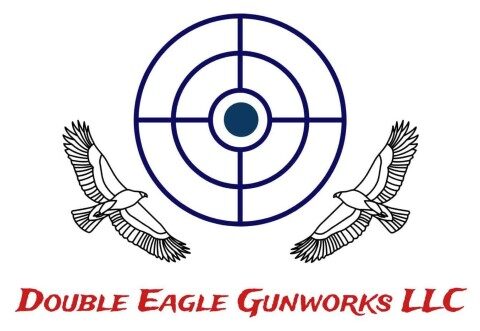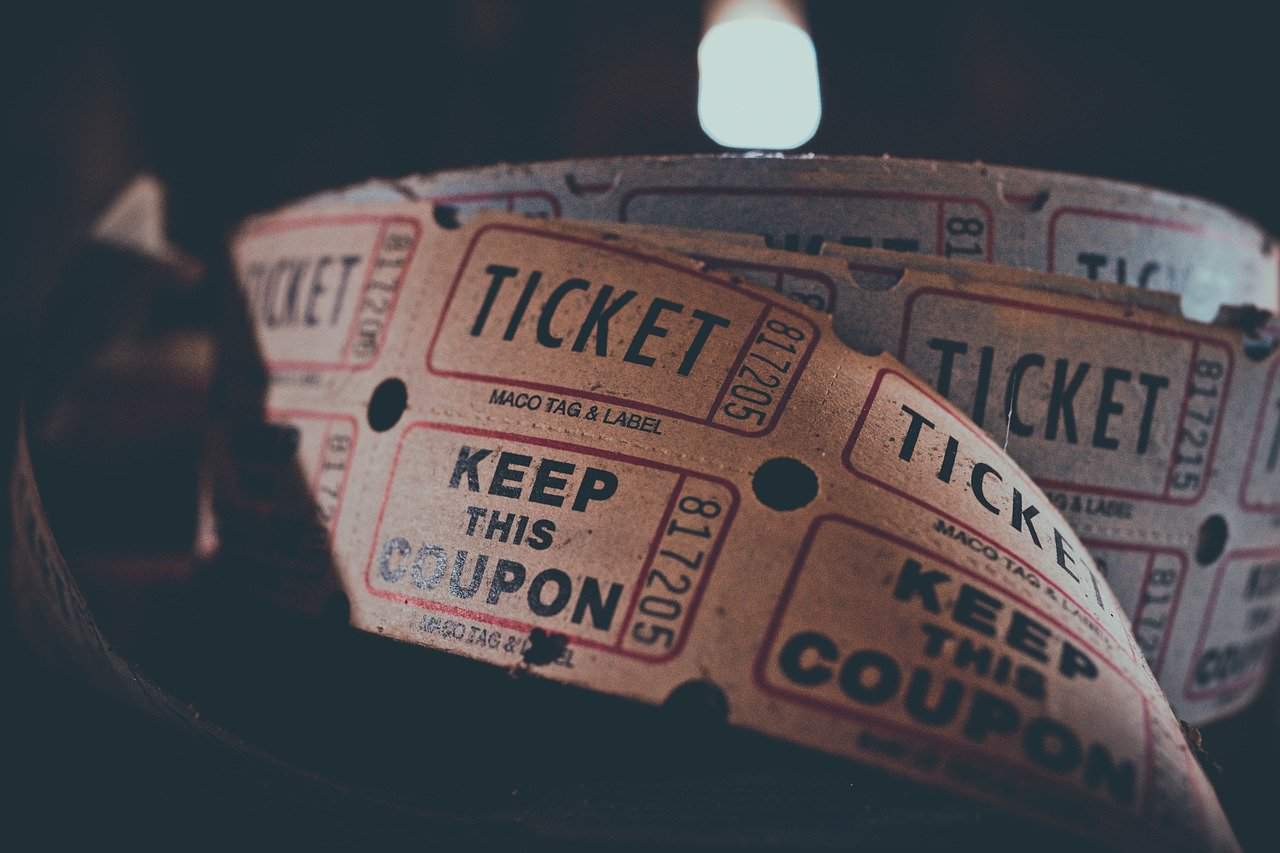My husband’s eyes shine when he drives past a billboard that says “Gun Show This Weekend.”
So what do they actually do at gun shows? Is it easier to get a gun there than at a shop?
The rules for gun shows are exactly the same as the rules that apply when you are not at a gun show. Federal Firearms Licensed (FFL) dealers comply with the laws of the states as well as the federal laws covering interstate commerce.
Private gun sales between individuals occur exactly as they would if you advertised a gun on the internet or in the paper and met the buyer in the parking lot of your local grocery store.
The Fun Part of A Gun Show
Gun shopping can be fun if you are on the hunt for the perfect gun or accessory. At bigger shows, hundreds of people will be hawking their wares in a giant room with rows and rows of shooting-related items.
A serious gun guy can spend all day there. Smaller shows may take an hour or two to explore thoroughly.
First you wait in what may very well be a long line, depending on the area and what has gone on lately.
Political headlines tend to improve gun show attendance, particularly when someone proposes a ban on a certain model or an anti-gun radical is elected to high office.
I first went to a gun show on our wedding anniversary, because my husband is just a big old romantic. We waited in a line so long that we had time to sign me up for an NRA membership. I got a free ticket to the show for signing up. They also gave us NRA hats.
The People Who Attend Gun Shows
Attendees are not armed as they walk around the show. You can have the guns you intend to sell and buy, but leave your loaded gun in the car.
The vast majority of the vendors at a gun show are selling guns and ammunition. They line up rows of every type of gun that is legal in that area on long tables, tagged with the names and prices of the guns.
Some vendors have them out for inspection and others have glass cases like you find in a flea market. The gun may have a zip tie through the action to prevent it from functioning.
If you find one you like, the vendor may remove the zip tie and allow you to dry fire the gun (after verifying there are no bullets and pointing the muzzle in a safe direction). Ask before you try it.
The vendor may know a lot about his inventory, and probably likes talking about guns, so feel free to ask questions. He wants to get you interested in the gun he is selling so that you will buy from him.
There will also be individuals walking around with their personal guns for sale. They will likely be wearing a sign announcing the model and price of the guns they offer.
The Rules At the Gun Show
When you decide to buy at a gun show, you will have to comply with state and federal laws. Here is a link to the ATF website (Alcohol Tobacco and Firearms) explaining gun show rules.
The Federal Firearms Licensed (FFL) dealers at the show must comply with all recordkeeping requirements. This includes recording the place of the sale.
They may sell you a pistol or revolver if you are at least 21 and a resident of the state in which the show is held, after you pass a background check.
The same applies to a frame, receiver, or firearm having a pistol grip that expels a shotgun shell. The frame is basically the skeleton of a gun.
A receiver is the part of an AR style rifle that you plug the other parts into when you build your own gun.
FFL dealers may sell you a rifle or shotgun if you are at least 18, pass a background check, and meet requirements in your state and the state where the gun show is held.
FFLs may sell to each other or buy from individuals as long as they keep the required records. The FFL may also sell you a gun and ship it to an FFL in your state.
The FFL in your state will also be responsible for the background check and record keeping requirements. The FFL must display a license at the sale.
FFLs from other states may buy from other FFLS and individuals, and may transfer curios or relics (antique guns). They may display and take orders but will not be allowed to make transfers other than curios or relics.
Instate and Interstate Commerce
Individuals living in the state where the show is held who meet age and background check requirements may buy rifles, shotguns, pistols, revolvers, frames, receivers, or firearms having a pistol grip from FFLs licensed in the state where the show is held.
Individuals may sell personal firearms to any FFL. They may sell to other individuals living in the same state but not in the role of firearms dealers.
Individuals cannot ship out of state except to themselves or an FFL and must declare the firearm to the carrier when shipping. The carrier may impose additional rules.
A resident of another state may sell to an FFL at a gun show, buy rifles or shotguns from FFLs licensed in the state where the show is held, and order firearms from an FFL to be shipped to an FFL within their state.
An out-of-state shopper may not buy a pistol or revolver, or acquire frames, receivers, or firearms having a pistol grip that expel a shotgun shell, and may not buy or sell to other individuals in the state where the gun show is held.
Check the Laws of Your State
When you sell a gun as an individual at a gun show in South Carolina, the law does not require record keeping. The smart thing to do, though, would be to verify the buyer’s Concealed Weapons Permit (CWP).
You may wish to record the name and address of buyer and seller, the date of the transaction, and the make, model, caliber, and serial number of each firearm sold. It would not hurt to include a statement that says the firearms are not stolen and the buyer has the right to possess a firearm.
There are downloadable forms on the internet that you can use if you want your documentation to look nice.
You want the trail to be clear if the gun is used in a crime after you sell it so that you will not appear to be involved in the crime. Look up the law in your own state before selling a gun at a show.
The Background Check
An FFL dealer will conduct an FBI background check before selling you a gun. You will have to fill out a form detailing name, address, CWP license number and state, and other questions that determine whether you are eligible. This is Form 4473.
You will be asked about prior criminal activity and convictions.
Your CWP already included a background check, so the FFL dealer can use your CWP number as the background check. You will still have to fill out the form.
You can pay for your purchase as you would at any trade show: individuals might insist on cash, but dealers will likely take checks or cards.
While you are looking at the guns, you will also notice ammunition, holsters, concealed carry purses, and gun-related clothing and memorabilia.
There may also be food vendors, insurance representatives, political action organizations, and other gun-related businesses such as shooting ranges and CWP instructors advertising their wares.


